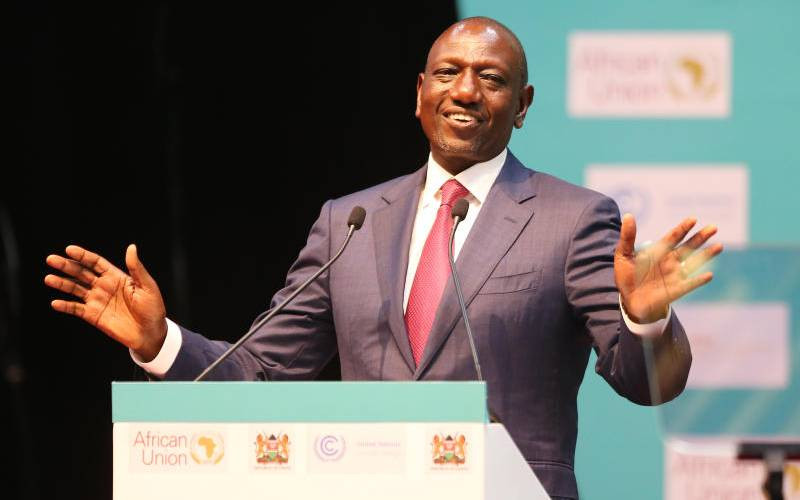
Before the September 10, 2000, Simon Biwott was a little-known pacemaker. On that day, he took part in the Berlin Marathon setting the pace for others expected to win. But instead of dropping out at the 28-kilometre mark as prearranged, he ran on to win Germany's biggest and most prestigious road race. He had gotten in the zone!
The phrase "in the zone" is described by the Collins English dictionary as, "a mental state that enables one to perform to the best of one's ability." It is a heightened state of perception and response that borders on the preternatural. Being in the zone is what separates the mundane from greatness; what transforms a recondite runner into a record-breaking world-class athlete.






